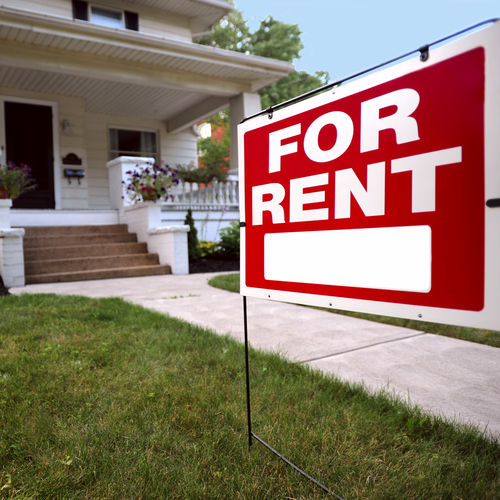Don’t let an unreturned security deposit cause you financial hardship. Use these 10 renting practices to retain your future deposits.
Before You Move In
Adequate preparation is one of the most important parts of maintaining your security deposit. You can’t avoid mistakes, or outright scams, unless you spot them first.
1. Do Your Research
If you haven’t fully researched your obligations and rights, you’ll have more difficulty preventing justified security deposit deductions. Before you choose an apartment, or at least before you move in, research the following legalities:
- Your new lease. Read through your lease carefully and question any unclear provisions.
- Your rights as a tenant. These vary by state, so if you move to a new area, don’t assume you have the same rights as you did in your last apartment.
2. Discover What Your Landlord Expects from You
Your lease may not cover every possible situation. Talk to your landlord about his or her expectations of you as a tenant. You can even begin the conversation by mentioning your goal to get your whole deposit back. Here are some questions you may need to ask:
- Who has the responsibility to maintain the lawn and landscaping?
- Which repairs does the maintenance team take care of and which repairs are your responsibility?
- Who will shovel snow, deice sidewalks, etc.?
While You Live at the Property
Aside from the obvious precautionary measures, like keeping track of your kids and pets, use these three practices to protect your financial investment.
3. Document Any Issues with the Property
When you move in, most landlords supply you with paperwork for documenting the property’s condition. In addition to filling out the forms in specific detail, go through the following checklist:
- Take pictures of any damage, including stains, scratches, and warping
- Test all appliances to ensure they work properly
Send the forms and pictures to your landlord in a traceable way, like email, so you’re ready if any disputes arise.
4. Get Written Permission for Every Change You Make
Whether you want to give the entire apartment a new coat of paint or just hang some pictures, get written permission for the renovation if it isn’t explicitly provided for in your lease. Some landlords take the cost of returning the apartment to its pre-move in state out of security deposits so ask about that specifically.
5. Report All Repairs to Maintenance, Even if You Handle Them Yourself
No matter who has the responsibility for a repair, report it to the relevant maintenance company. You don’t have to tell them every time you replace a light bulb, but you should document anything bigger should.
When You’re Moving Out
There’s a lot to keep track of before you move. But, if you want to get your whole security deposit back, make these measures a priority.
Ask your landlord to walk through the property with you at least a week before your move out date. That way you can take note of any issues that your landlord could deduct from your deposit and compensate for them.
7. Comply with All Move-Out Obligations
Moving out can require as much paperwork as moving in. The process will vary from property to property, but these elements are common:
- Clean the property thoroughly. Check out these 13 cleaning hacks to make every inch of your apartment shine.
- Even if you move out on the last day of your rental agreement, give your landlord official notice at least two weeks beforehand.
If You Don’t Get the Correct Amount Back After You Move
Even after you’ve done everything right, your landlord may deduct funds from your deposit. If you think your landlord charged you unfairly, take the following three steps to handle the situation.
8. Request an Itemized List of the Charges
In most states, if your landlord doesn’t give you a list documenting all charges, it violates your renter’s rights. Request a list of all charges with exact amounts. If possible, ask for photographs of any claimed damages.
9. Put All Your Communication in Writing
In the worst case scenario, you will need to provide evidence that you were overcharged and records of all your communication with your landlord. Email is ideal for this since it maintains a thread you, your landlord, and any legal representation can review.
If you send letters, keep a copy for yourself as well.
Always stay polite and precise when communicating with your landlord. As angry or frustrated as you may feel, civility looks better and will get you farther than rudeness.
10. Make Sure Your Complaints Are Known
In many cases, simply making a fuss can get you a portion of your deposit back. If you were charged unfairly, your landlord probably wants you to keep quiet more than to keep the nominal fee. If the problem does not resolve satisfactorily within a month of your move out, notify the following people:
- Legal representation. Even if you don’t hire a lawyer, CCing a lawyer into an email conversation can encourage your landlord to handle the matter more efficiently.
- The public. If you feel your landlord cheated you, post online reviews about the property company so that no one else has to suffer the same financial hardship.
- Your landlord’s boss. This may be a manager or the owner of the property management firm.
Adopt these practices to give yourself the best possible chance of recovering your fully security deposit.



